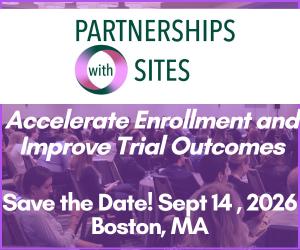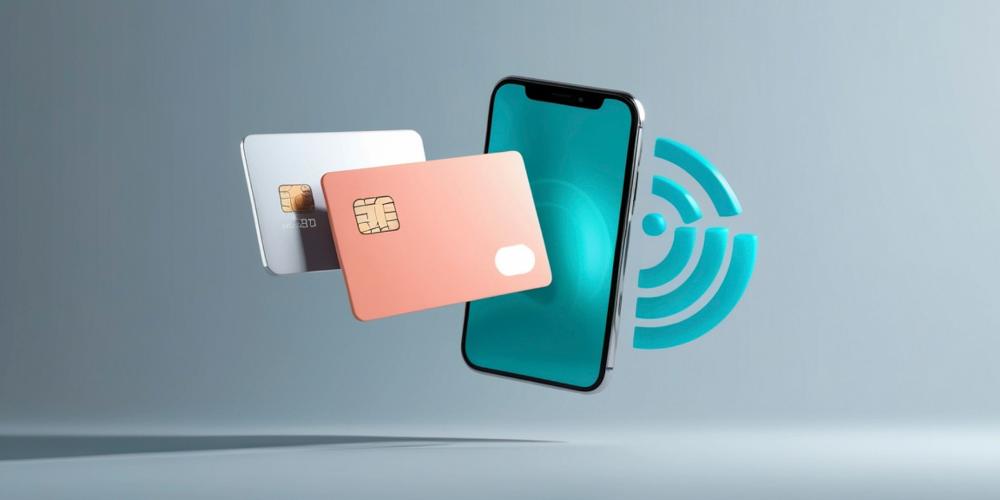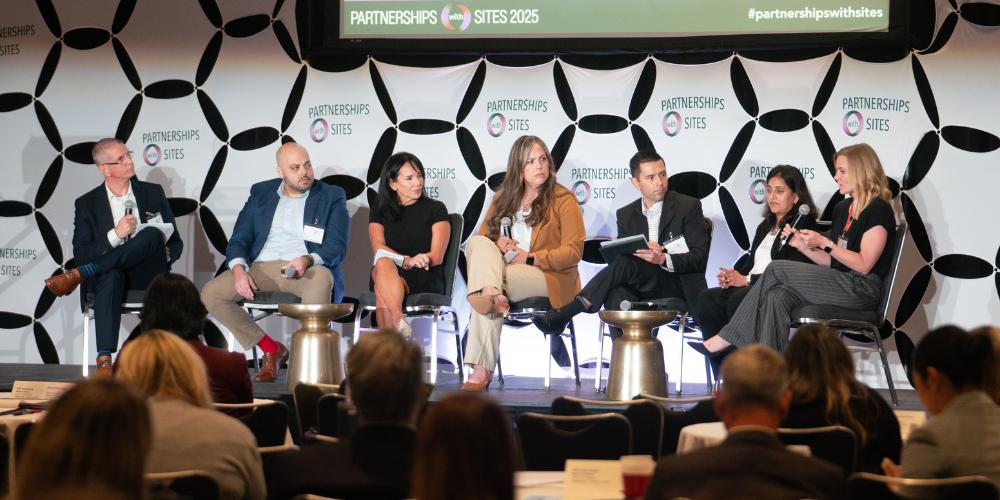
How did you get to be involved in clinical research?
For me, I became aware of the importance of clinical research after genetic testing I had completed in 2016. My genetic test came back positive for Lynch Syndrome with guidelines about additional cancers in my future. For me, this was a lightbulb moment. I decided that if I had additional cancers in my future, I needed to be prepared for additional treatments other than chemotherapy. It was also during this time that Fight CRC was implementing an app that involved searching through ClinicalTrials.gov and finding all of the immunotherapy-related treatments for colon cancer. This volunteer opportunity to curate trials associated with colon cancer provided me with a broader understanding about the importance of genetic testing, understanding your mutation – which for me was MSH2 – and how new forms of treatment were on the horizon. This became extremely important to me as I was additionally diagnosed with cancers such as endometrial and basal cell carcinoma.
What does the process of finding a clinical trial on the Fight CRC app look like?
For this specific opportunity, I was working on late stage metastasized cancers. We were trying to make someone’s cancer journey a little bit easier for those who are diagnosed and wanted other treatment options besides radiation and chemotherapy. At that time, immunotherapy came on the horizon as being more specific to your mutation or tumor type. So that’s where the main focus was. For me, I realized that this was important because as a Lynch Syndrome patient with that MSH2 gene and possibility of recurrences in my future, I wanted to not only have the option myself for other forms of treatment but to share with others that there were possible treatments on the horizon that could help them as well.
"Having a navigator or mentor in this space is important because we don’t have all the answers but someone who has some of the answers can help give us a better feel of what our life will be like living with cancer."
Can you talk about your role as a Clinical Trial Curator?
It requires some commitment of my personal time as a volunteer. Basically, the site that is used has an influx of clinical trials that come in. I’m not a physician or specialist or geneticist. I give a first look and take out trials that have no association with colon cancer or late-stage metastases or if it’s in a Phase 0 or 1. We want trials that are more aggressive and are focused on Phase 2 and 3 trials and then removing trials that are dealing with specific cancers like breast, ovarian or head and neck cancer. We rule those out because we don’t want them involved. We want to center on colon cancer as the app is generally for people with colon cancer. There are other organizations who are more focused on other kinds of cancers but right now this app is centrally focused on individuals suffering from colon cancer.
Have you heard any success stories with this app? How do you use the app to connect patients in their journey to research?
This app is for more advanced patients who may already be advocating for themselves and understand the path for clinical trials. For them, it’s an opportunity to get a more centralized form of treatment. This means that a patient would need to know about their tumor type or gene type. I didn’t always know my gene type. So, you need to have a whole conversation with your oncologist and treatment teams about whether you should take a genetic test first or get into a clinical trial first. You need to educate patients to make the most of clinical trial options.
How do we make the process as smooth as possible for patients to participate in clinical trials?
Having an oncologist speak to you about clinical trials in your patient visits or, a nurse navigators who could help guide me in clinical research is very important. It is imperative that it isn’t just on the main healthcare provider but be spread out amongst healthcare providers. The best thing healthcare providers can do is educate patients about clinical trials or hand out brochures about clinical trials. Especially if there is a high possibility that you will have a recurrence of cancer.
Did you have a personal clinical trial navigator?
The reason I started down this road was because I didn’t and I still don’t to this day, have a clinical trial navigator. I’ve been treated for cancer since 2011 and I visit my oncologist every six months – it wasn’t until about a year ago that I knew they had a nurse navigator for survivorship. Some people want to know about life after treatment and need someone who can help navigate their journey after you’ve been treated for cancer. What if you go on a clinical trial and it fails? It’s important to have someone you can go back to. Having a navigator or mentor in this space is important because we don’t have all the answers but someone who has some of the answers can help give us a better feel of what our life will be like living with cancer.
"It would be great if hospitals collaborated with cancer organizations and other organizations to make a central, localized, easier to navigate website. The point is not to get rid of ClinicalTrials.gov but to make the search easier and the messaging more friendly for patients who are searching."
How can other indications and hospitals create similar systems to connect patients with research?
Even if hospitals or other organizations can’t decide to create their own apps, they can at least partner with organizations working on those different avenues. I know there are some pharmaceutical companies that are also working on creating apps to make it easier to navigate and look for clinical trials. Smaller patient advocacy groups aren’t the only ones doing this now. Pharma companies are understanding the benefit of this as well. It would be great if hospitals collaborated with cancer organizations and other organizations to make a central, localized, easier to navigate website. The point is not to get rid of ClinicalTrials.gov but to make the search easier and the messaging more friendly for patients who are searching. When I was diagnosed with endometrial cancer, I wasn’t a volunteer curator yet, so I only knew to go on ClinicalTrials.gov and look. Some of the things there were really scary. Besides the fact of having a hard time understanding the medical terminology of what they would be doing and when, it was a total turn off which would have scared me from joining a clinical trial.
This is somewhere where someone like a nurse navigator who has more information can help guide the process. When you use an app like the one I’ve been working with, it’s broken down to help the patient understand what they are selecting and help them understand tumor types and genetic information that are important when choosing a clinical trial. If you can’t help the patient understand clinical trials, the app is useless. If anything, it could confuse the patient more. Especially when dealing with a late stage cancer, you want something that can help you understand what you are doing and how the trial can extend your life or not. Is it worth your time?
How do people find your app?
Through my training at Fight CRC as a RATS (Research Advocacy Training and Support) Advocate, I gained a full understanding of research policy. It’s not for the faint of heart, you need to do a bit more digging as a patient advocate yourself. Some of my training included laboratory field trips. We went to biotech labs in Colorado and Wisconsin, which helped me understand what researchers were looking for in human cells and how mutations effect our bodies. Not everyone gets that opportunity, but I would like encourage people going through cancer to align themselves with an organization that helps the whole patient understand the whole process, you’ve then got an informed patient who will advocate for themselves. Patients need to understand that their healthcare choice is in their hands and they need to be well informed. If you decide to do a clinical trial, you should be educated. You don’t start a new job without being educated. You don’t start new prescriptions without reading the side effects. SO often with our health we become mum or are afraid to speak up. It shouldn’t be that way.
What are the biggest challenges you face in the space and what would make your life easier here?
The biggest challenge is time. When you think about someone diagnosed with cancer and you are looking at someone who only has six months to live, how do you spend that time? Do I want to take an opportunity to involve myself in a clinical trial? Or as a volunteer, there are times I find I cannot curate as much as I’d like. There may be some trials that come in that I am not able to get to. It involves more than clicking a button. There are times I need to look up word definitions and understand what’s involved. I would like to see all countries come together, developing appropriate apps and help everyone in the world find a clinical trial appropriate for them.
Do you have a call to action for the clinical research and clinical care ecosystem to better connect patients to trials?
Definitely work needs to be done to educate patients, especially patients of color. We speak about disparities and ask why there aren’t enough people of color participating in clinical trials. Sometimes it’s as simple as asking. I was never asked if I wanted to participate in a clinical trial. I wonder if it would have made a difference if I was given that opportunity. That’s a big barrier that people need to figure out. While I love doing this work, I see the disparity data for people of color who don’t participate. For me, it’s about being an example and encouraging people about what clinical trials can do with those living with cancer. It’s about both the quality of life and the quantity of life when it comes to months of living.
For more information on CRAACO: Clinical Research as a Care Option, visit CRAACOevent.com.







